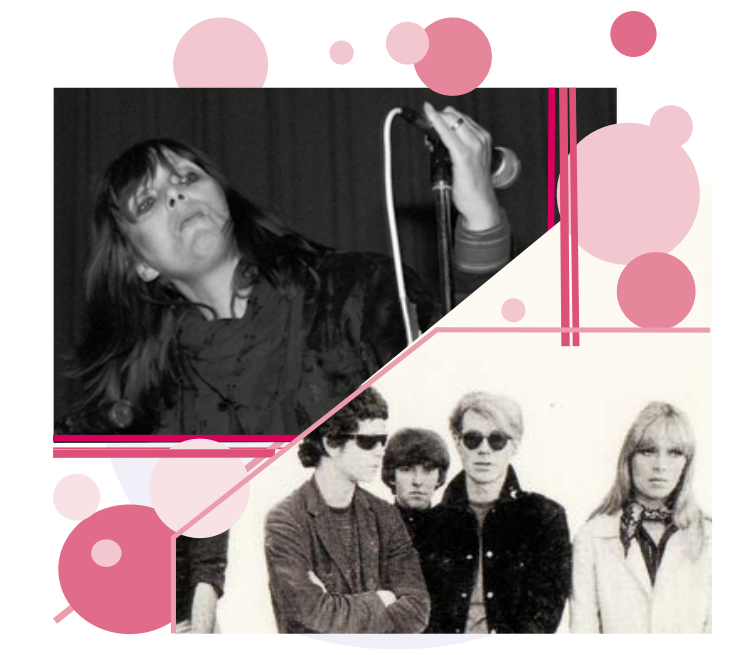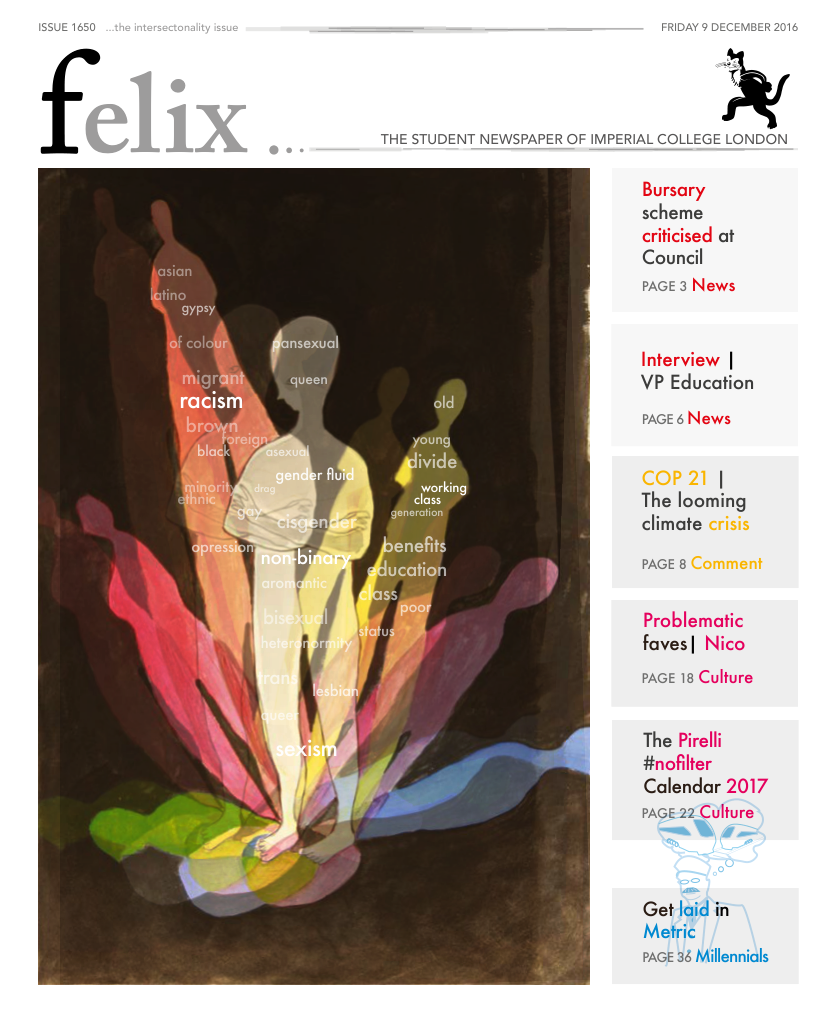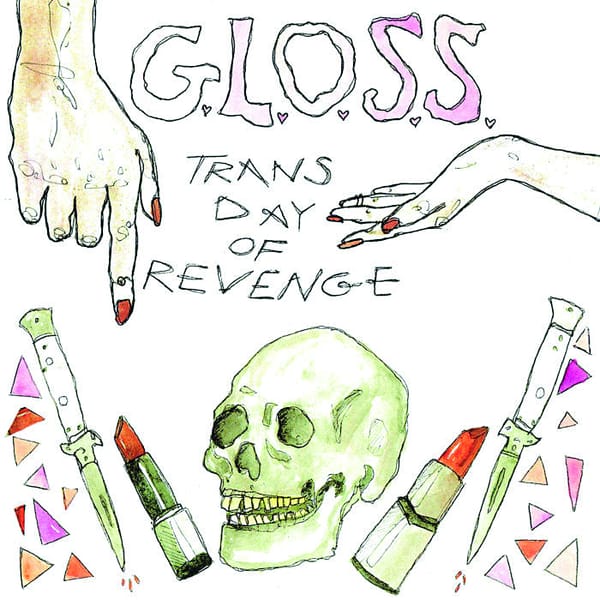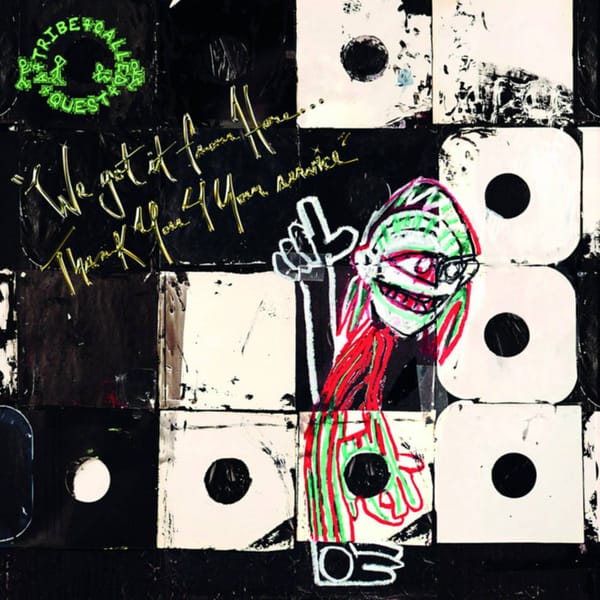Problematic faves | Nico
Sometimes artists we love have characters that we don’t. In our new weekly feature, we examine some of the artists whose antics regularly embarrass their fans. Can we separate the music from the artist? First up is German singer, Nico.

My problematic fave is the German-born singer Nico, who found fame as a Warhol Superstar, working with The Velvet Underground on their debut album. She then went on to discover the harmonium and make a series of experimental albums that have only recently begun to be recognised for the masterpieces they are. Nico’s work is Gothic in the true sense of the word: her icy, deep vocals, chillingly accented by the sound of slow progressions on the harmonium, feel like a cold wind blowing through the crypt of a cathedral, all dust and rust and power.
Nico was also, unfortunately, deeply racist. Journalist Danny Fields, who helped Nico sign to Elektra Records – with whom she would make the 1968 LP The Marble Index – described her as ‘Nazi-esque’, saying that ‘She had a definite Nordic Aryan streak, [the belief] that she was physically, spiritually and creatively superior.’ Her behaviour supports this opinion: at a Berlin concert she angered the crowd by singing the German national anthem ‘Das Leid der Deutschen’, including the verses usually omitted for its nationalist connotations; and – according again to Fields – there was an incident in the early 1970s when Nico smashed a glass in a mixed-race woman’s eye, whilst saying ‘I hate black people’. Nico died in 1988, at the young age of 49, missing the internet age of ‘problematic faves’, but any admirer of her music must confront her racist worldview.
However, I think it is remiss not to look at how Nico’s racism developed. She was born Christa Päffgen in Cologne in 1938, a mere five months after Austria was annexed. Her father sustained head injuries after being enlisted in the army, and ended his life in a psychiatric hospital. Christa and her mother fled to the suburbs of Berlin while Cologne was hit with bombing raids; its population decimated. Following the fall of Hitler, her early Nazi-informed worldview inevitably came up against the blunt reality of life in Allied-occupied Germany. At the age of 15, when working as a temp for the US Air Force, she was raped by an African-American GI, who had also raped a number of other employees; originally keeping quiet about it, the crime was eventually discovered, and Christa was made to give evidence. He was sentenced to death, and shot.
And this is why I think the term ‘problematic’ is a poor choice to use when describing Nico. How can it encompass the entirety of her traumatic upbringing? A war that left her father dead by his own hand; a childhood spent in bombed-out cities; an adolescence marked by being raped and then indicted in her rapist’s killing. While these factors don’t excuse her racist behaviour, they can explain it in a way that merely calling Nico ‘problematic fave’ can never do.
The word ‘problematic’ has, like ‘liberal elite’ or ‘will of the people’, today just become another meaningless buzzword in our online lexicon. It smooths away all the tricky complexities of the power structures inherent within society, leaving no room for nuance; by calling someone or something ‘problematic’, what we are really doing, deep down, is emphasising that we are not. We place the onus of responsibility for behaviour entirely on the individual person, and refuse to critically examine the structural issues at hand.
To me, calling Nico a ‘problematic fave’, and leaving it at that, is a double injustice: it doesn’t do justice to her tragic life story, one pockmarked by suffering and strife, and it doesn’t do justice to those most affected by racism, since it refuses to challenge the status quo at a level higher than the individual. It exonerates us from the responsibility of interrogating the structural problems that lead to some parts of society profiting at the expense of others.
Can we separate the artist from the art? I’m not really sure if this is possible or not. But what I am sure about is that I will continue to enjoy Nico’s work, despite her ‘problematic’ aspects. I will continue to feel chills down my spine at her raw interpretation of The Doors’ ‘The End’; I will continue to skip the tracks on ‘The Velvet Underground and Nico’ that don’t feature her teutonic vocals (soz Lou Reed); and I will continue to feel a discomforting mixture of sadness and hope during the beautifully-simple song ‘Afraid’. Nico’s art stretches far beyond a couple of songs on a Warhol-produced LP, and the structural racism that is entrenched in society stretches far beyond the short pithy syllables of ‘problematic’.










